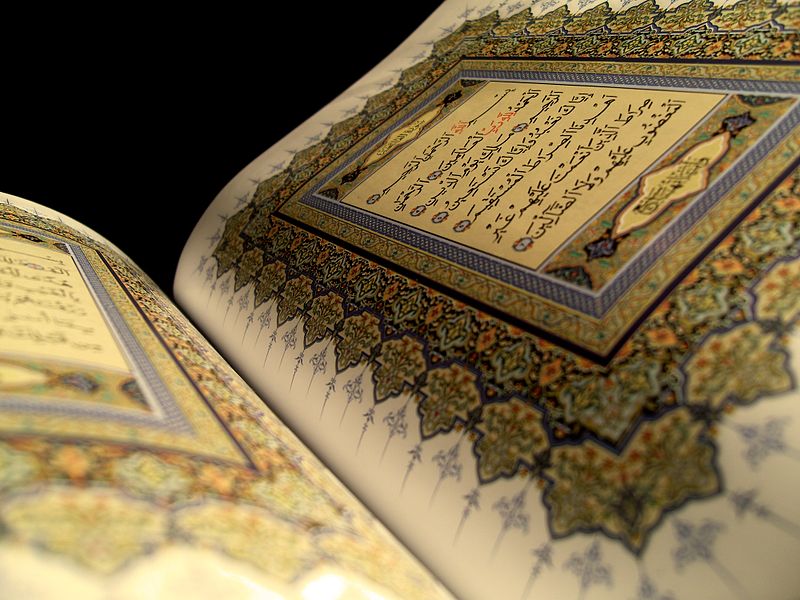Read, Write, and Share Commentaries on Qur’an 4:1-28
 The Qurʾan Seminar invites you to add your own commentaries on a new selected passage of the Qur’an: Q. 4:1-28. The Qurʾan Seminar, organized by IQSA, is dedicated to collaborative study of selected passages that are significant for understanding major themes and structures of the Qur’anic text. Contributors are encouraged to address the Qur’an directly and to not rely on classical exegesis as a lens through which to view the text. Of particular interest to the discussion are the following questions:
The Qurʾan Seminar invites you to add your own commentaries on a new selected passage of the Qur’an: Q. 4:1-28. The Qurʾan Seminar, organized by IQSA, is dedicated to collaborative study of selected passages that are significant for understanding major themes and structures of the Qur’anic text. Contributors are encouraged to address the Qur’an directly and to not rely on classical exegesis as a lens through which to view the text. Of particular interest to the discussion are the following questions:
- The structure of the Qur’an (its logical, rhetorical, and literary qualities, or naẓm)
- The Qur’an’s intertextual relationships (with both Biblical and other literary traditions)
- The Qur’an’s historical context in Late Antiquity
Access to Qur’an Seminar is open to IQSA members only. To become a member, click HERE. Once you are a member, you can access the Qur’an Seminar website:
- Click on Log in / Sign up
- As a member of IQSA, fulfill the required field under Have an account? Sign in and then, click on Login.
- Click on “All passages selected”
- Click on al nisāˈ 4, 1-28
The Qur’an Seminar website has two principal elements. First, the website includes a database of passages of the Qur’an with commentaries from a range of scholars. This database is meant to be a resource for students and specialists of the Qur’an alike. The commentaries may be quoted and referenced by citing the corresponding URL.
Second, the website includes an active forum in which additional Qur’anic passages are discussed. At regular intervals the material on the forum will be saved and moved to the database, and new passages will be presented for discussion on the forum. As a rule, the passages selected for discussion are meant to be long enough to raise a variety of questions for discussion, but short enough to lend that discussion coherence.
If you have any questions, please write to mehdi.azaiez@theo.kuleuven.be
We hope you will enjoy the content and consider contributing!
© International Qur’anic Studies Association, 2015. All rights reserved.
